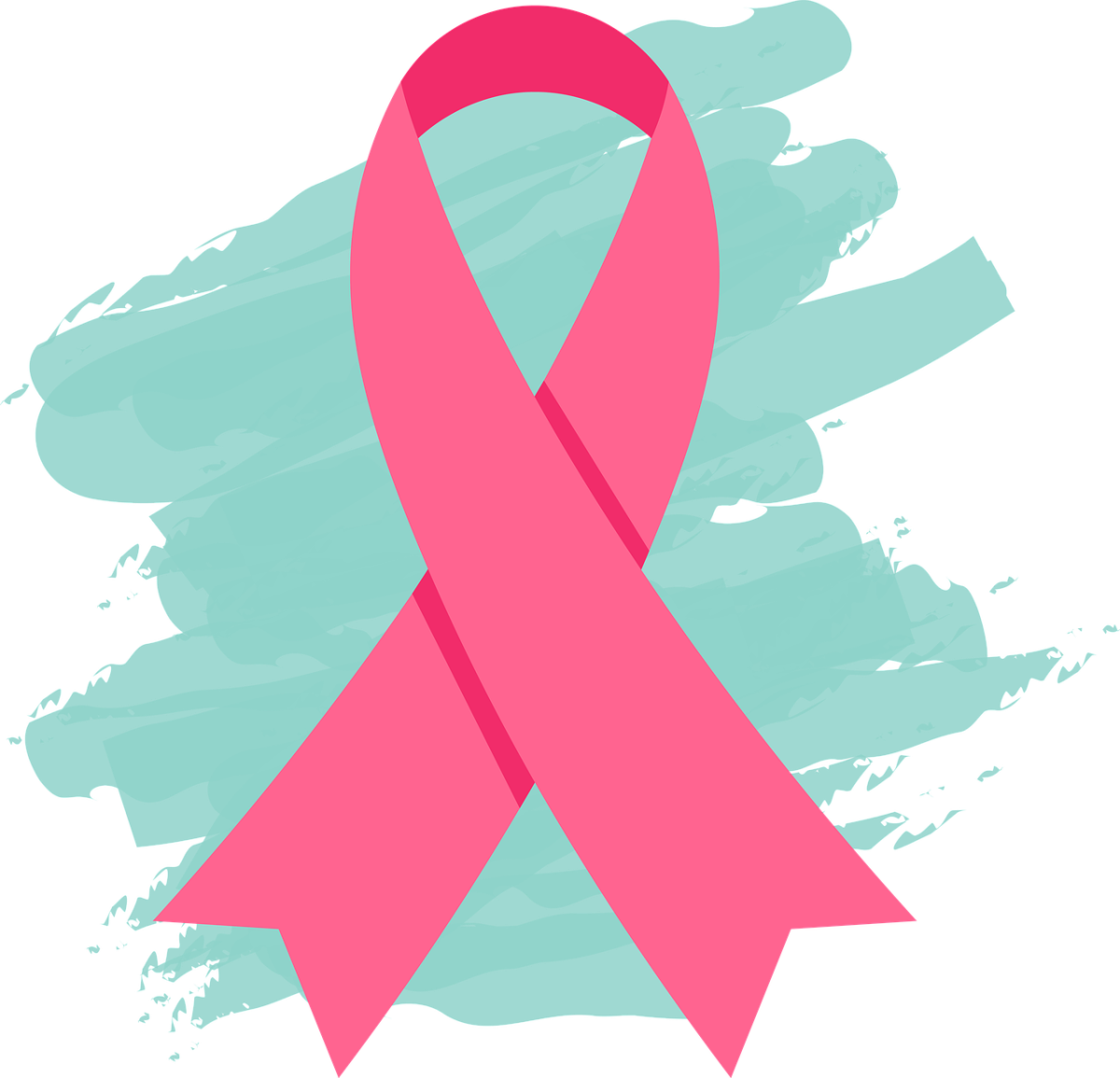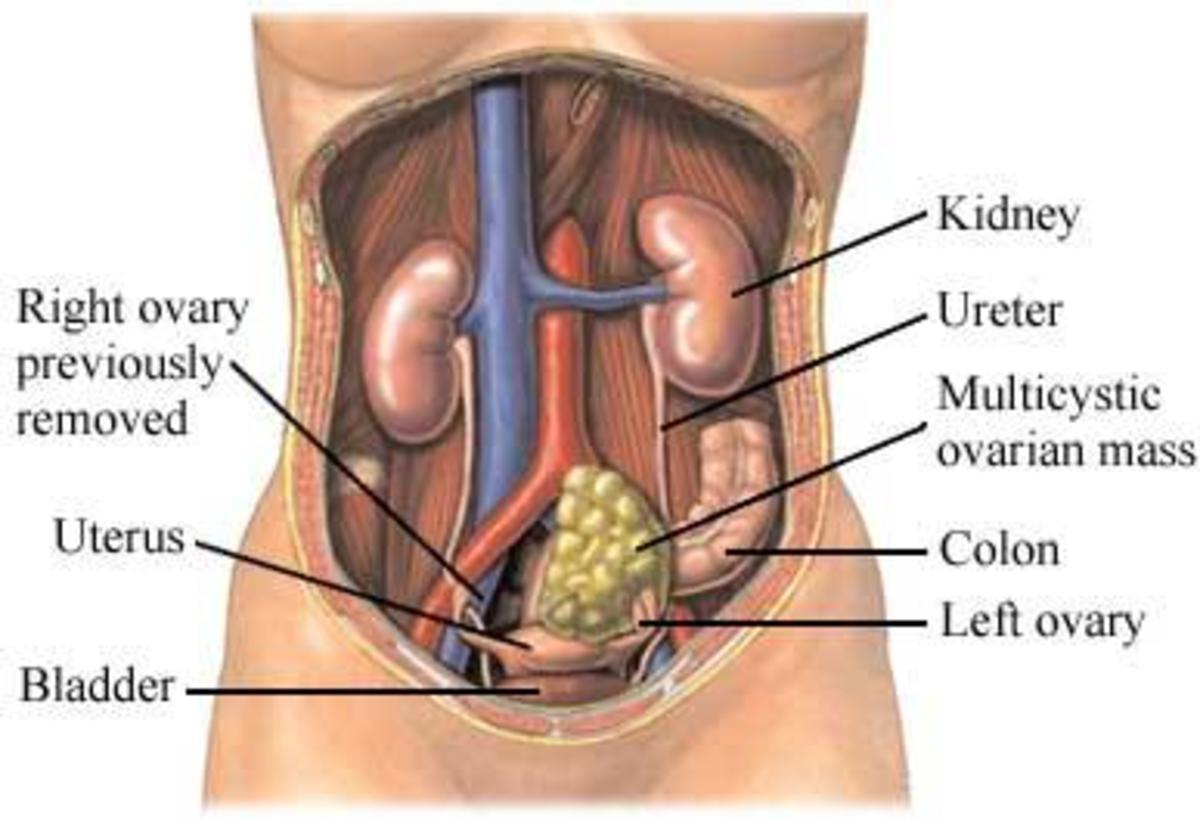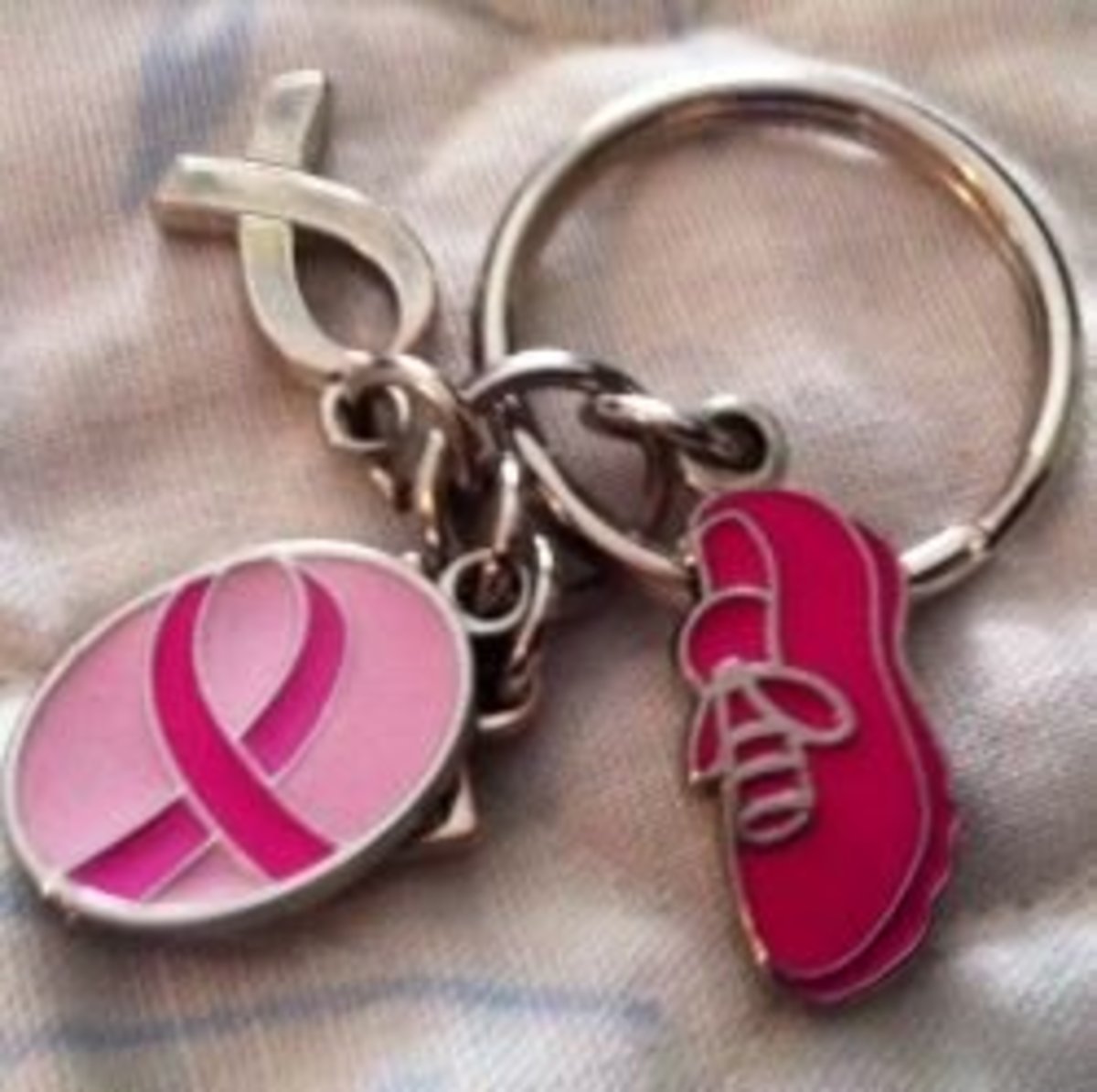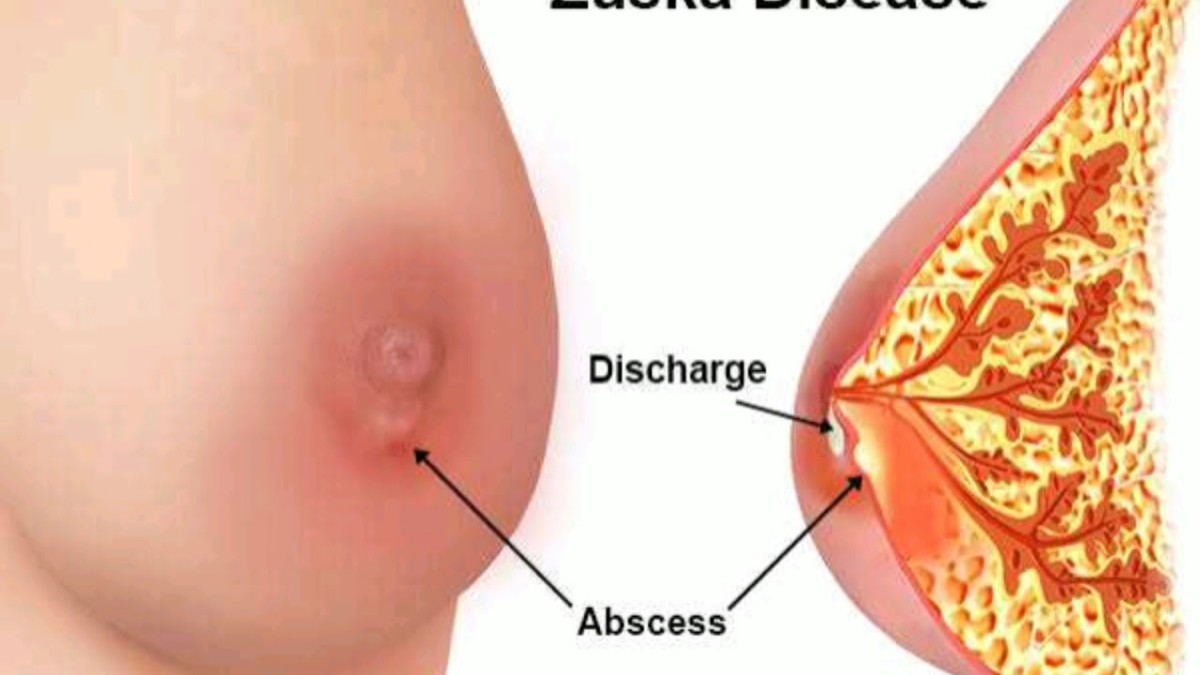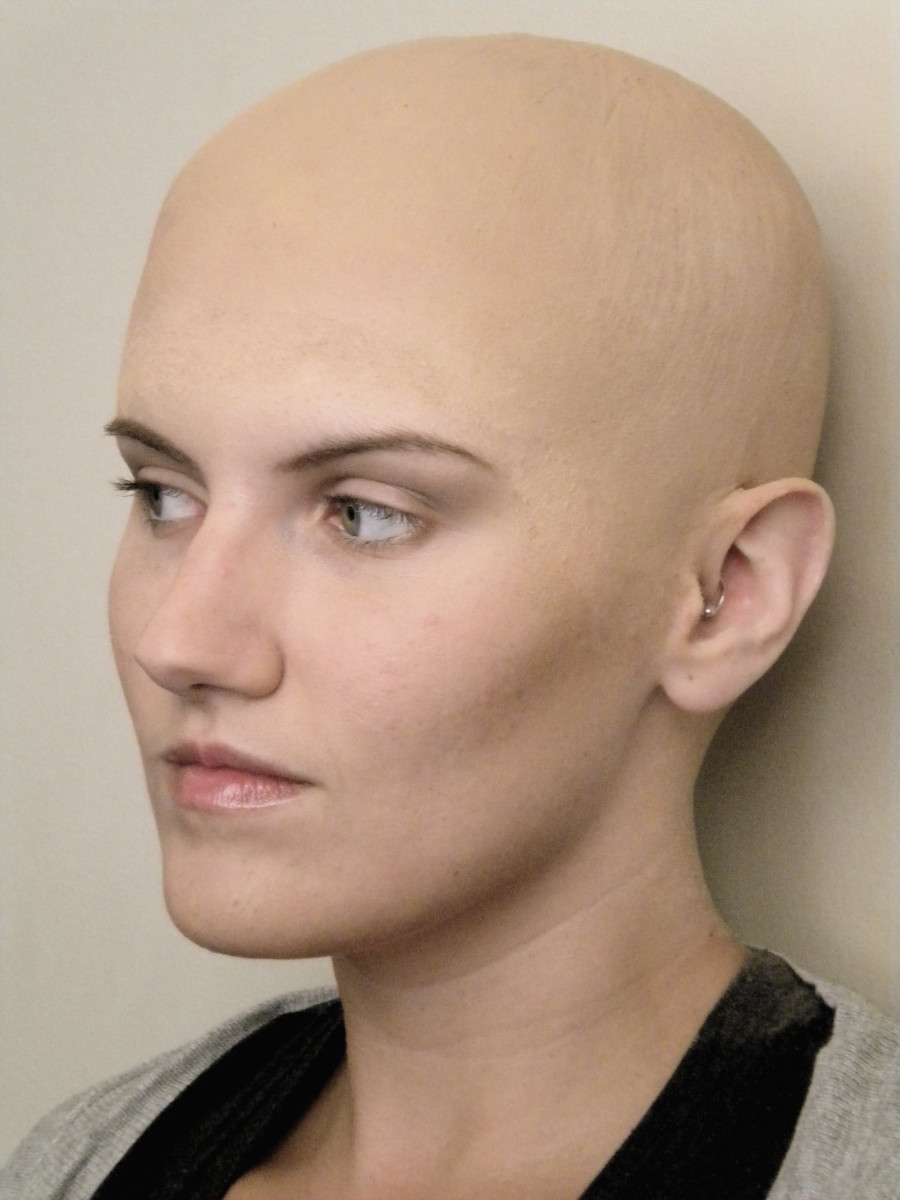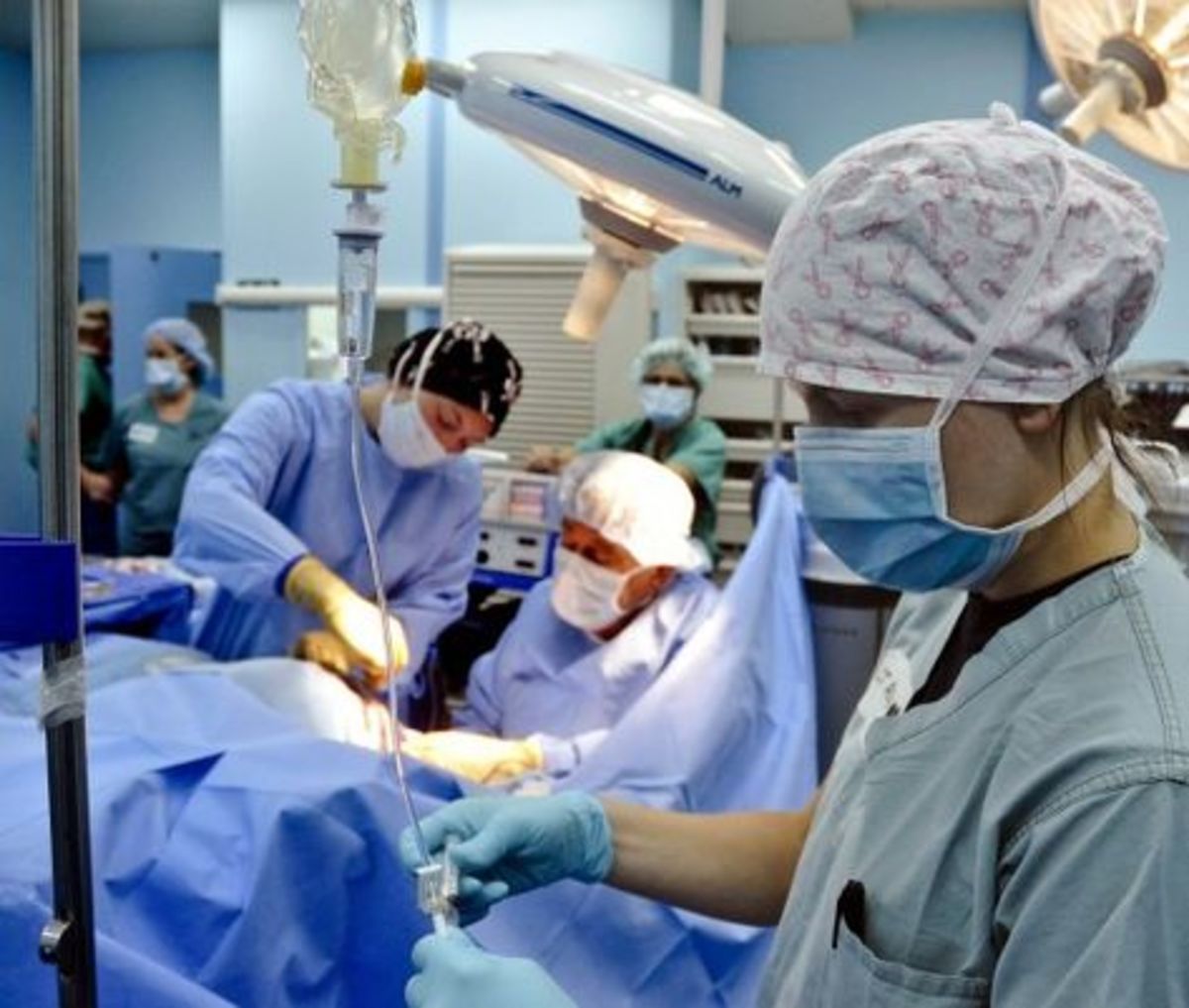How to Lessen Your Risk for Breast Cancer
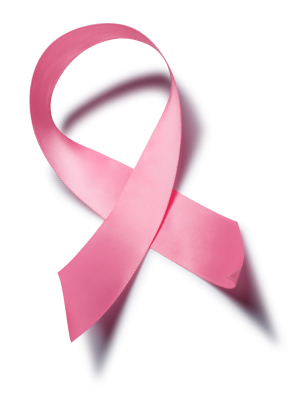
You may be aware that one in eight women in the United States will be diagnosed with breast cancer in their lifetime. These are our friends, colleagues, mothers, sisters, daughters and aunties. In Hawaii, where I live, approximately 800 women are diagnosed with breast cancer every year. It is critical that women be empowered and educated about how to take charge of their own breast health.


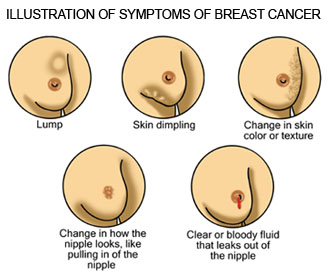
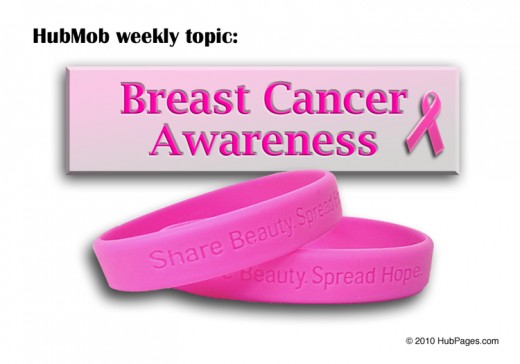
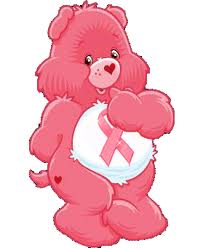
Here are some very important things we as women must do to lower our risk of suffering from breast cancer:
- Regularly do self-breast exams
- Be aware of any family history of breast cancer
- Consider your menstrual and reproductive history
- Schedule annual mammograms
- Exercise regularly
- Maintain a healthy body weight
- Limit alcohol consumption
- Swear off cigarettes
- Think "fresh" when it comes to food
If you are age 20 - 39, you should perform breast self-exams and look for signs of change. Schedule a clinical breast exam every three years.
If you are age 41 - 49, you should have a mammogram every one to two years based on previous findings.
Your overall risk of developing any type of cancer before you turn forty is only 1 in 48, according to the ACS. I personally knew a young mother of several young children who was diagnosed with breast cancer and within three months she was dead. It was very tragic for her husband and children. But that is very rare.
If you are fifty and older, you should have yearly mammograms.
Half of all women diagnosed with breast cancer are over age 65.
Regarding your menstrual and reproductive history, early menstruation or late menopause, having your first child at an older age, or taking birth control pills for more than ten years if you are under 35 increase your risk of breast cancer.
If your mother or sister had breast cancer, you are at greater risk.
Also, if you have dense breast tissue and past radiation therapy to the breast or chest area or a history of hormone treatments, you are also at higher risk.
We need a cure for the health of future generations, and for the ones you and I love. Eradicating breast cancer has never been more important.
Consider this a must do:
Breast self exams: Get to know your breasts so that you can tell if there are any changes in the breast tissue, such as changes in size, dimpling or puckering of the breast, a discharge from the nipple or a lump.
Before a mirror: Inspect your breasts with your arms at your sides. Then raise your arms high overhead. Look for any changes in the contour of each breast including dimpling, swelling or changes in the nipples.
In the shower: With your fingers flat, move gently over every part of each breast. Use your right hand to examine the left breast and the left hand for the right breast. Check for any lumps, thickening or hard knot.
Lying down: Place a pillow under your right shoulder and put your right arm behind your head. With the fingers of the other hand flat, press your right breast gently in small motions, moving in a circular pattern covering the entire breast.
Heredity Mutations
Five to ten percent of breast cancers are found to be caused by hereditary mutations. Women who are carriers of these mutations are up to 28 times more likely to develop cancer. It is suggested that women with a strong personal or family history of cancer should meet with a genetic counselor. BRCA and BART testing can be performed to predict their odds.
Regarding Food
Studies have shown that eating a diet high in fruit and vegetables and low in red and processed meats, reduces your risk for cancer. When you prepare a meal, think of meat as a side dish rather than the main entry. Drink and eat low fat dairy products.
If possible, opt for organic food. Non-organic meat and dairy products are often treated with hormones and antibiotics.
Some fruits and vegetables have been shown to have a higher amount of pesticides. This could be because of their permeable skin or perhaps it is easily absorbed through their root systems. These include:
- apples
- bell peppers
- celery
- cherries
- collard greens
- domestic blueberries
- imported grapes
- kale
- nectarines
- peaches
- spinach
- strawberries
Food items that have shown lower levels of pesticides, perhaps because of their thicker outer layer, include:
- asparagus
- avocado
- cabbage
- cantaloupe
- eggplant
- kiwifruit
- mango
- onion
- pineapple
- sweet corn
- sweet potato
- watermelon
In conclusion, every 69 seconds a woman dies of breast cancer somewhere in the world. It is the second leading killer of women worldwide. You can lessen your risk for breast cancer by consistently following the suggestions above. Don't be one of the staggering statistics. Take charge of your health.


